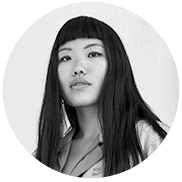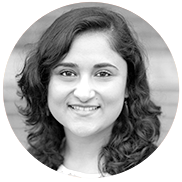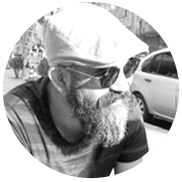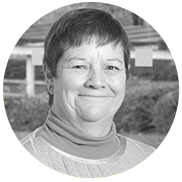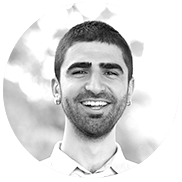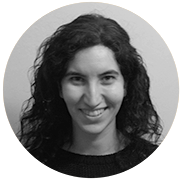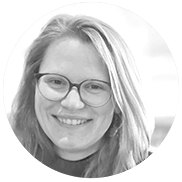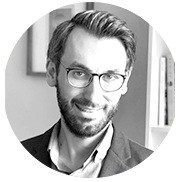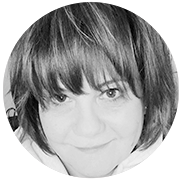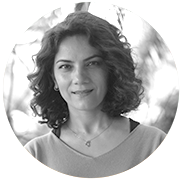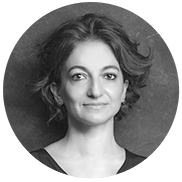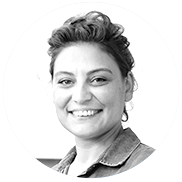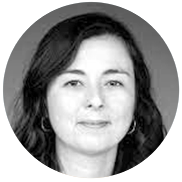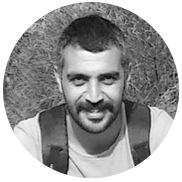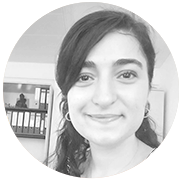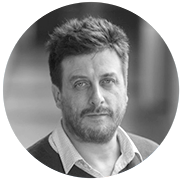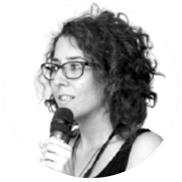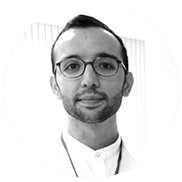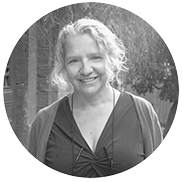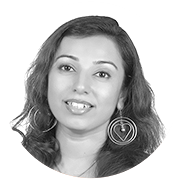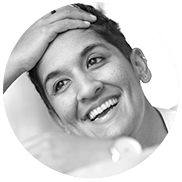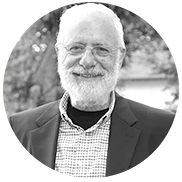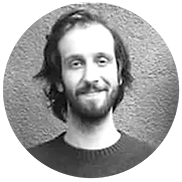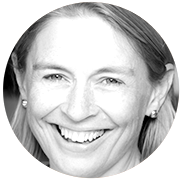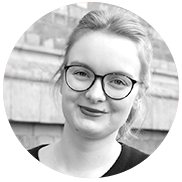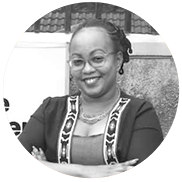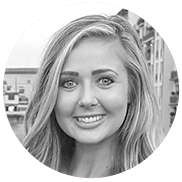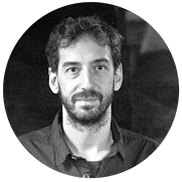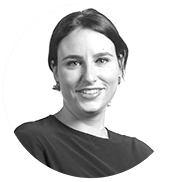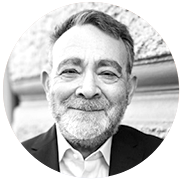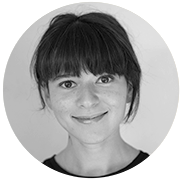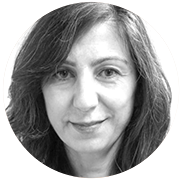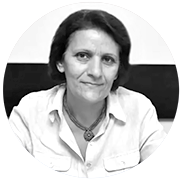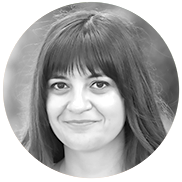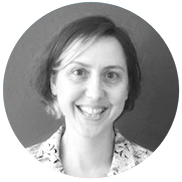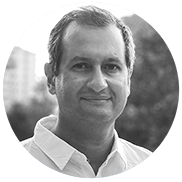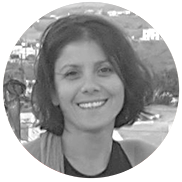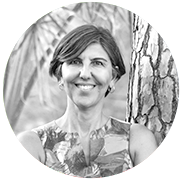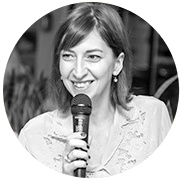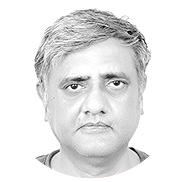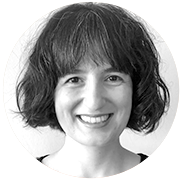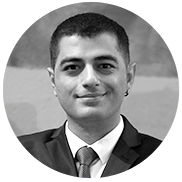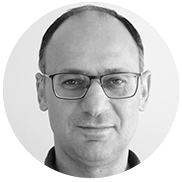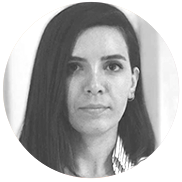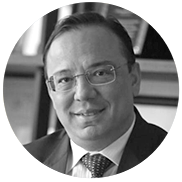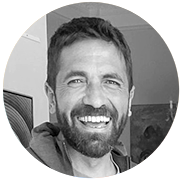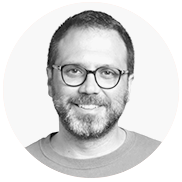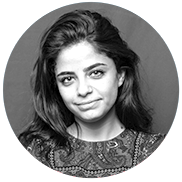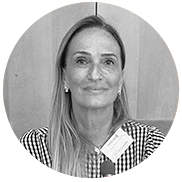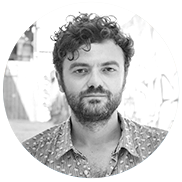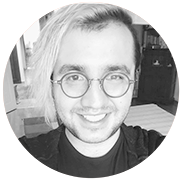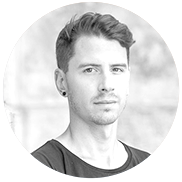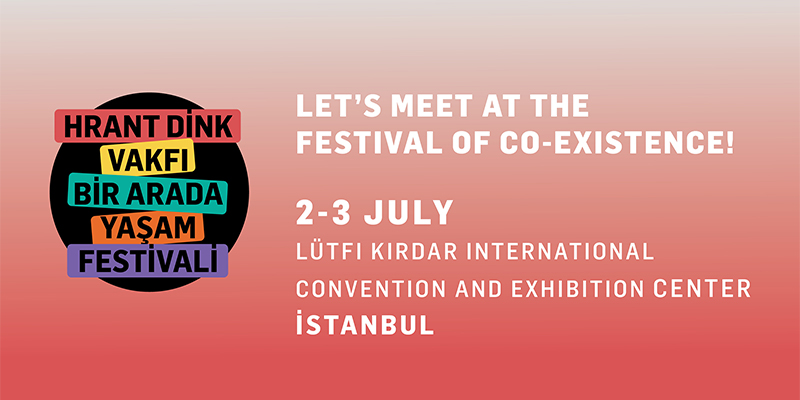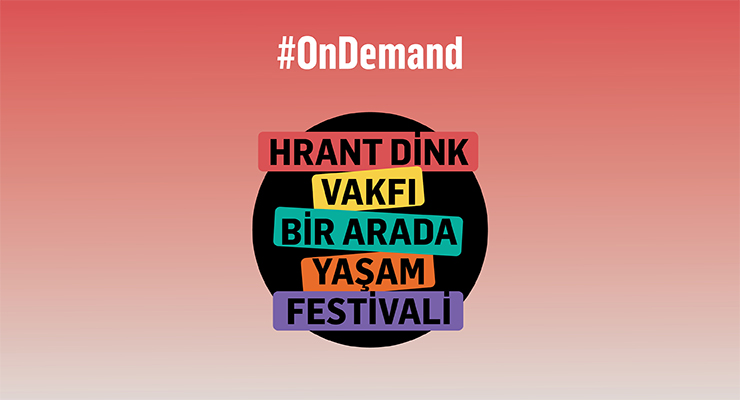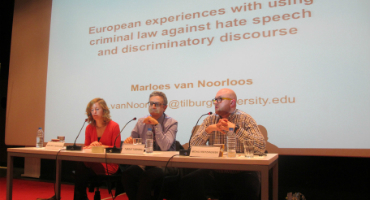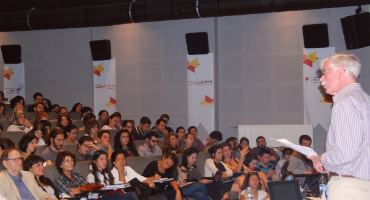You are invited to the Festival of Co-Existence on July 2-3, at Lütfi Kırdar Congress Center. Civil society organizations, rights defenders, activists, academics and students will be there!
There will be panels to promote national and international experience sharing and transfer of knowledge; creative workshops with a particular focus on co-existence and human rights for adults, youth and children; stands for strengthening the communication between civil society organizations and for them to reach out to a wider audience; and live concerts.
Institutions and experts working on the field of human rights, refugees, gender, ecology, cultural heritage, art and various fields will participate in our festival organized in cooperation with Truth, Justice, Memory Center.
- Panels are open to everyone.
- Simultaneous interpretation will be available in Turkish and English language for all the panels during the festival.
- Certain panels will be livestreamed on the Foundation’s YouTube, Facebook, Twitter accounts and website.
- As the workshops allow a limited number of attendance we kindly request you to register for the workshops. Simultaneous interpretation is not available for workshops.


10.30 - 11.00
Marmara Venue
Ayşe Köse Badur- Istanbul Policy Center
Helin Şahin - Olof Palme International Center
Murat Çelikkan - Hakikat Adalet Hafıza Merkezi
Alexander Fricke - Delegation of European Union to Turkey
Civil society organizations, rights defenders, activists, academics, and everyone who wants to be a part of the civil society from Turkey and abroad are meetıng at the Festival of Co-existence. This festival is part of our Empowering Civil Society Organizations Project, carried out in cooperation with the Istanbul Policy Center and Olof Palme International Center, with financial support from the European Union since 2019.
At the festival, organized in cooperation with Hafıza Merkezi, Prof. Dr. Ayşe Soysal representing Hrant Dink Foundation, Senem Aydın Düzgit representing IPC, Helin Şahin representing Hafıza Merkezi, Murat Çelikkan representing Hakikat Adalet Hafıza Merkezi and Alexander Fricke representing the EU Turkey Delegation, wıll give the opening speeches.
11.00 - 12.00
Marmara Venue
İbrahim Betil - Civil society volunteer
Sinan Gökçen - Civil Rights Defenders
Olcay Özer - Hafıza Merkezi
Dilek Ertükel - Sivil Düşün
Five main headings stand out in the annual report of CIVICUS on the situation of civil society on a global scale*. These were determined as the fight against racism, human rights, environmental justice, income justice and democracy demands after the pandemic. We will talk about the importance of the political, social and economic developments that cause these demands for civil society, their impact on civil society and how civil society struggles with this situation by going through the topics mentioned in the session. Participants will also share their predictions for the near future regarding civil society.
Click here to access 2021 State of Civil Society Report prepared by CIVICUS
13.30 - 14.30
Marmara Venue
Katie Kruger - Atlas Relief & Development International
Jon Greenberg - Polifact (Poynter Institute)
Doç. Dr. Tirşe Erbaysal Filibeli - Bahçeşehir University
This session will focus on the recently increasing hate speech and manipulative news in the media against refugees and migrants. We will analyze why hate speech and discriminatory news are on the rise and the methods of fact-checking through examples from Turkey and abroad. There will also be a discussion on the relationship between fake news and hate speech through news targeting refugees.
15.00 - 16.00
Marmara Venue
Liana Varon - Support for Civil Society Foundation
Birce Altay - Third Sector Foundation of Turkey
Jenny Hodgson - Global Fund for Community Foundation
Tezcan Eralp Abay - Civil Society Development Center (CSDC)
This session will focus on the philanthropic perception toward rights-oriented institutions, how grant processes can be designed by getting to know civil society better, the methods applied by funding institutions in the “shrinking” areas of civil society, and the changes in the donation culture after the pandemic.
16.30 - 17.30
Marmara Venue
Yıldız Tar - KaosGL
Avila Kilmurray - the Social Change Initiative
Atalay Göçer - Cultural Research Center for Peace
At this session the panelists will discuss peace processes and the impact of women’s and LGBTI+ movements on them in the context of recent political conflicts in Turkey and Northern Ireland, by looking at similarities and differences.
12.00 - 13.00
Dolmabahçe C Venue
Feray Halil - Allianz Kulturstiftung
Esra Aysun - British Council
Rümeysa Kiger - Cultural Entrepreneur
At this session, starting from the question of why it is important to promote coexistence at these times, the main focus will be on the role of the culture-arts sector while searching for answers, and how the culture-arts plays a role in ensuring intercultural dialogue and cultural pluralism.
13.30 - 14.30
Dolmabahçe C Venue
İlksen Mavituna - Moderator
Dr. Çağdaş Dedeoğlu - Post-human Lab
Artificial intelligence has started to be used in civil as well as in many areas. The enlargement of the field also opened up various areas of discussion. Artificial intelligence ethics is one of the topics that concern civil society. In this session, we will make a general assessment of the learning styles of artificial intelligence, how and where it gets data. We will talk about how the ethics of artificial intelligence and discussions on this issue affect human rights, how non-governmental organizations can use artificial intelligence in addition to the difficulties in terms of human rights, the present and future of artificial intelligence within the framework of ethics and human rights.
15.00 - 16.00
Dolmabahçe C Venue
Pankaj Anand - OXFAM
Hacer Foggo - Deep Poverty Network
Gökçen Durutaş - Foundation for the Support of Women's Work
By focusing on the urgency of creating a more equal and sustainable world, we will discuss poverty as a human rights violation, taking into consideration the current situation both in Turkey and India, along with the overall assessment of poverty and social inequality in the world. We will discuss it as a violation. We will talk about the work done in civil society to make deep poverty visible, and we will talk about the limits of civil society's work and the transformative policies that can be developed in this regard.
Feminist activist Ishtar Lakhani, who was selected for the BBC's "Top 100 Women of 2020" list by playing an important role in the campaign for free COVID-19 vaccines last year, will share her experience on creative forms of activism in this session. Beyond the well-known civil society campaigns, to strengthen approaches to human rights advocacy from different perspectives how she can look by combining art and activism.
11.00 - 12.00
Marmara Venue
Eylem Delikanlı - Research Institute on Turkey
Aylin Tekiner - Research Institute on Turkey
Aylin Vartanyan - Boğaziçi University
Nevin Soyukaya - Diyarbakır Association for the Protection of Cultural and Natural Assets
At this panel, the discussion will be on the contribution of collective memory to co-existence, how memory studies can transform human rights in the historical context, and what kind of a role can collective memory and the past and present injustices play in shaping the public narratives.
13.00 - 14.00
Marmara Venue
Zsolt Szekeres - Hungarian Helsinki Committee
Gastón Chillier - The International Network of Civil Liberties
This session will invite us to consider what we can learn from human rights movements in struggling for inequality and justice in Latin America and Eastern Europe. The discussion will be on how civil society organizations and human rights defenders can seek new spaces to resist and embrace solidarity in cases where the space for dialogue is getting limited. Participants will share their experiences and views on collective mobilization and advocacy toward the future. Considering the already existing fragile trust environment towards the governments of these countries, the participants will share the recent civil rights movements in their countries to shed light on civic movements worldwide.
14.30 - 15.30
Marmara Venue
Archana Deshpande - OpenGlobalRights (OGR)
Dr. Uygar Özesmi - Change.org
Tarık Beyhan - Amnesty Turkey
At this panel, the questions on the existing methods of struggle of civil society will be discussed by focusing on whether it should be used more effectively or subject to change, whether activism as we know off should be changed, and how the civil society can create a more collaborative method with examples from Turkey and abroad.
In this session, the questions of how to break the perception of hierarchy among living beings, how a new social order that will come from a new perspective might be, and what connectivity means to us will be discussed by Prof. Dr. Türker Kılıç.
11.00 - 12.00
Dolmabahçe C Venue
Karen Saidi - Justice Defenders
Ulaş Bayraktar - Kültürhane
Özgür Güneş Öztürk - Col·lectivaT
In this session, the grassroots civil society movements and solidarity processes will be analyzed, by focusing on how to be an activist where civil society has limited space. Moreover, the difficulties in receiving grants and how civil society can create solidarity both within itself and with the international civil society will be discussed. Lastly, the possible answers on how to sustain solidarity will be evaluated.
14.30 - 15.30
Dolmabahçe C Venue
Nur Banu Kocaaslan Semerci - Climate journalist
Clara Thompson - Climate activisti / Journalist
Özlem Altıparmak - Doğa Derneği Legal Advisor
We need to evaluate the effects of climate change and the emerging climate crisis by considering nature and people together. In this session, without separating these two concepts -nature and people-, we will discuss why the climate crisis is also a human rights violation, and how it actually affects our rights through intersectionality. Participants will pursue questions such as why climate change is not a priority issue for states, and why it is not sufficiently covered in the public. In a world where “awareness raising” is no longer enough, speakers will discuss the responsibilities of political figures, the media and civil society to address the climate crisis as a human rights issue.
Hasini Haputhanthri, who works on peace building, art and cultural heritage, will share her views on how visual art can be a source for an alternative history education and a way of researching the past, how we can use art to re-read the past, and what can be done to change the dominant historical narrative in education.
Wafa Ali Mustafa is a Syrian human rights activist and journalist that advocates for those who have forcibly disappeared under custody. From protesting in the streets of her hometown to speaking to the United Nations Security Council, Mustafa has been outspoken about her cause for the release of all political detainees. In this session, she will share her experiences and evaluate the ways she uses to struggle against injustice. She will share her story to point out how human rights activists can make the same kind of valuable impact on understanding the struggles of Syrian families during the long lasting ongoing conflict.
13.30 - 15.30
Dolmabahçe A Venue
* The workshop will be held in English.
** You can reach the form by clicking the arrow to register the workshop.
This introductory workshop serves as an informative overview to the field of oral history. Participants will familiarize with basic oral history methods and the value additions to their fields of work. The workshop has a mix of individual, paired and group activities and plenary discussions, creating an atmosphere of interactivity and learning by doing. In groups they will discuss potential projects and ethical issues. Anyone who wants to learn the basics of planning and carrying out a single oral history interview or a larger oral history project will find this primer useful. It will help you with oral history work for your family, for a museum or archives, for a school, or for any other purpose you have in mind. Keep in mind that this primer only scratches the surface of the information available for learning about oral history within a very short time period. It will explore basic concepts and guide you to access further resources to further your knowledge.
The workshop is limited to 20 participants. Please fill out the form to register.
11.00 - 13.00
Dolmabahçe B Venue
* Age between 8 - 10
** The workshop will be held in Turkish.
*** You can reach the form by clicking the arrow to register the workshop.
What does co-existence mean, and what do we need to live together in peace? What do we need to hear, see and recognize each other? What can adults and kids do, to live together in peace? In this workshop for the children who are between 8-10 ages a newspaper from what we have written and drawn will be created with the guidance of these questions.
The workshop is limited to 15 participants. Please fill out the form to register.
13.30 - 15.30
Dolmabahçe B Vanue
* The workshop will be held in Turkish.
** You can reach the form by clicking the arrow to register the workshop.
Activists experience burn-out as a result of pressures put on areas of activism, the country they live in or deteriorating conditions and exhausting types of organization. Even if these factors are not present, activism itself may cause burn-out. Nowadays, activist exhaustion and coping methods have become a part of the civil society organizations’ agenda. CSOs are trying to make exhaustion a part of their work and make their work sustainable. It is important to recognize the factors that lead to exhaustion and exhaustion indicators, because only then, we can find ways to cope with it at the organization level and as individuals. The workshop will begin by discussing exhaustion and activist exhaustion. A safe space will be created in order to salk about the factors that push activists toward burn-out and share the coping method. During the workshop a new tool to cope with exhaustion and experience it together through brainstorming, group activities and games will be introduced to the participants.
The workshop is limited to 15 participants. Please fill out the form to register.
16.00 - 18.00
Dolmabahçe B Venue
* The workshop will be held in Turkish.
** You can reach the form by clicking the arrow to register the workshop.
We will discuss questions including, “what is inclusivity?”, “how do we build an inclusive discourse?”, “how can we popularize inclusive discourse?”, and, “why is inclusive discourse important for the fight against hate speech?”. Participants will be informed about a rights-based, inclusive discourse building process, and in this Inclusive Language Workshop, we make use of wide-spread training methods and attempt to create a setting where participants can learn from each other.
The workshop is limited to 20 participants. Please fill out the form to register.
14.00 - 16.00
Dolmabahçe A Venue
* Age between 16-22
** The workshop will be held in Turkish.
*** You can reach the form by clicking the arrow to register the workshop.
As the Association of Sports and Body Movement for Social Empowerment –BoMoVu, our goal is to critically scrutinize racism, pave the way for this taboo to be discussed in Turkey and make existing vulnerabilities visible. To increase and spread resources in this field, the Turkish translation of Guide to Working with Youth on Racism and Invisible Racism* is published. In this workshop, young participants will take part in activities from this guide. Through these activities, we wish to create an atmosphere where concepts including hate speech, racism and invisible racism and our daily experiences will be discussed. One of the main objects of the workshop is that participants with mobile tools can use it in various workshops and peer studies.
* The guide was created by the partners of the “Stand Together Against Racism – STAR” (Irkçiliğa Karşı Durun) project and was translated into Turkish as part of the Anti-Racist Pedagogy project realized thanks to the support from the Support for Civil Society Foundation of BoMoVu and Latro Chemistry.
The workshop is limited to 15 participants. Please fill out the form to register.
11.00 - 13.30
Dolmabahçe B Venue
* The workshop will be held in English.
** You can reach the form by clicking the arrow to register the workshop.
This will be a participatory and hands-on introduction to the fundamentals of campaigning and storytelling from Ani Hao from Mobilisation Lab Collective. This two hours workshop will cover how to campaign from a people-powered and systems change perspective, and particularly focus on strategic communications and storytelling.
The workshop is limited to 25 participants. Please fill out the form to register.
14.00 - 15.30
Dolmabahçe B Venue
* Age between 14-16
** The workshop will be held in Turkish.
*** You can reach the form by clicking the arrow to register the workshop.
‘Side by Side in the Same World’ is a game designed to provide children from different cultures and nationalities to know each other and have fun, explore the similarities between cultures and cultural diversity, to lose prejudices against the other and experience the emotions of equality and co-existence. The game requires two teams and it was designed to promote information exchange within the teams without competition through interaction and cooperation. Category Cards prepared to arouse curiosity about universal values and common heritage are enriched by ‘Action Cards’ that enable children to learn new, interesting things as well as to act together and have fun for an hour.
The workshop is limited to 15 participants. Please fill out the form to register.
16.00 - 18.00
Dolmabahçe B Venue
* Age between 18-30
** The workshop will be held in Turkish.
*** You can reach the form by clicking the arrow to register the workshop.
In the workshop to be conducted by the Youth Organizations Forum, examining how and how young people living in Turkey present themselves in civil society based on current research, re-examining the concept of “participation” with group discussions. It is planned to introduce the Participation Steps Model developed by Roger A. Hart and to implement practices to be organized with non-formal education techniques.
The workshop is limited to 20 participants. Please fill out the form to register.
